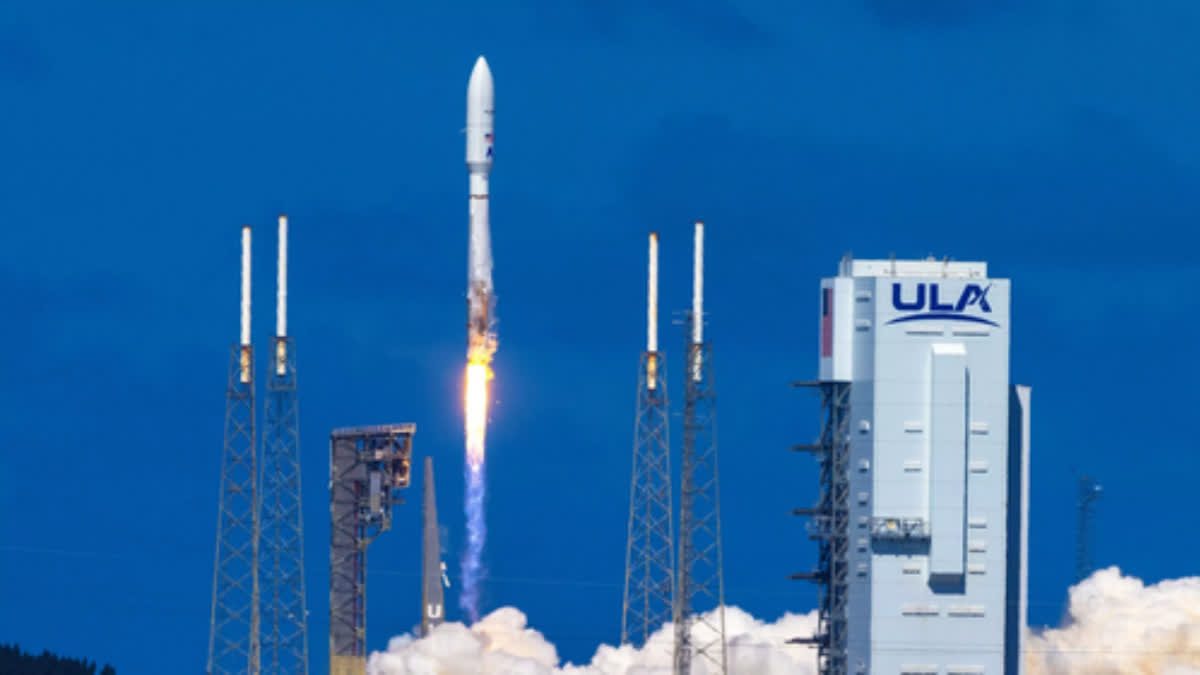San Francisco: Amazon has successfully launched its first two Kuiper satellites into space, with an aim to beam affordable internet on Earth like Elon Musk’s Starlink.
Amazon said that it hit its first major mission milestone “when our mission operations center in Redmond, Washington, confirmed first contact with KuiperSat-2".
"This is when the satellite and one of our telemetry, tracking, and control (TT&C) antennas established a telemetry link for the first time,” the company said late on Friday.
The Atlas V rocket that carried the Kuiper satellites to space was launched around midnight on Friday. It carried two prototype satellites from Amazon’s Project Kuiper, our low Earth orbit (LEO) satellite broadband initiative, into space before deploying them at an altitude of 500 kms above Earth.
“The launch today started a new phase of our ‘Protoflight’ mission, and there’s a long way to go, but it’s an exciting milestone all the same,” said Rajeev Badyal, vice president of technology for Project Kuiper. “I’m tremendously grateful to the Project Kuiper team for their dedication in getting us to this point, and to our partners at United Launch Alliance who helped us deploy our first spacecraft ever into orbit,” Badyal added.
First contact is one of several key steps in the ‘Protoflight’ mission. “It allows us to begin downlinking data on satellite health and establish more regular communications with the satellites,” the company added.
At the end of the mission, the company plans to actively de-orbit both satellites before they ultimately burn up in the Earth's atmosphere. The company aims to have a constellation of over 3,200 in low Earth orbit to compete with Elon Musk’s Starlink, which currently has over 4,000 satellites in space to beam affordable Internet.
Its first production satellites are on track for launch in the first half of 2024, and Amazon expects to be in beta testing with early commercial customers by the end of 2024.



